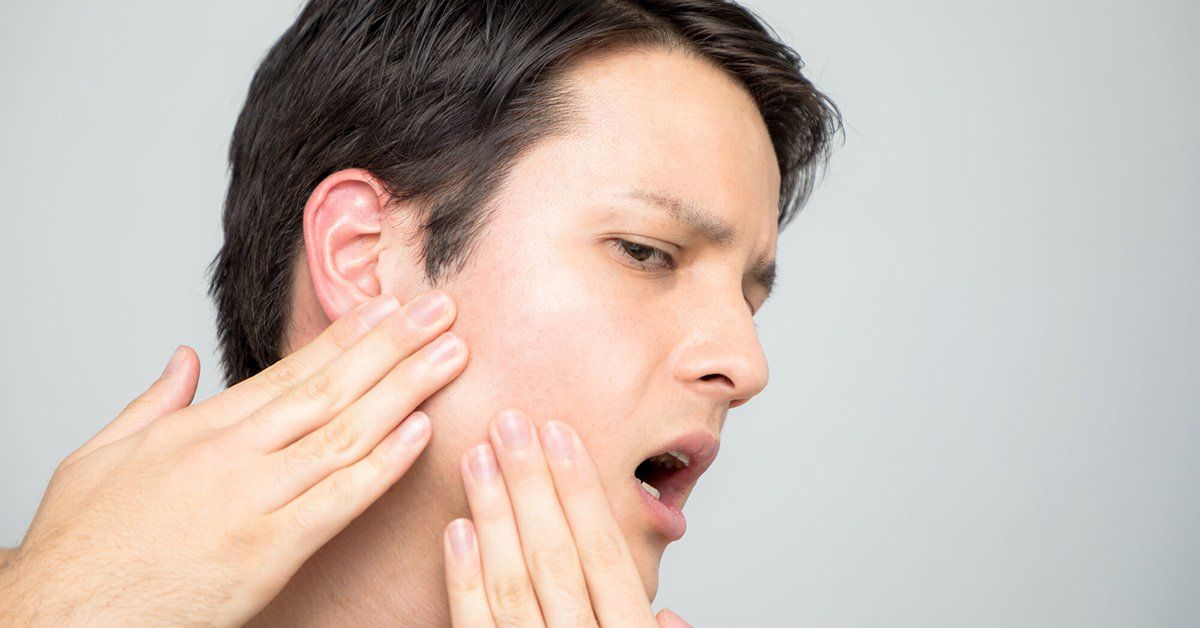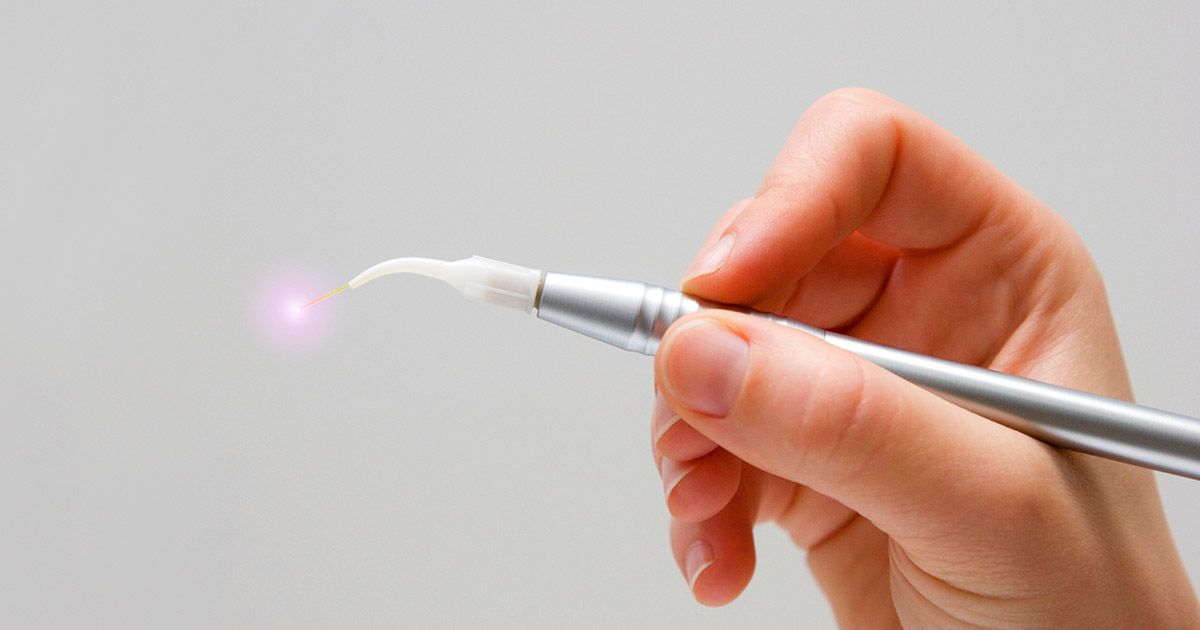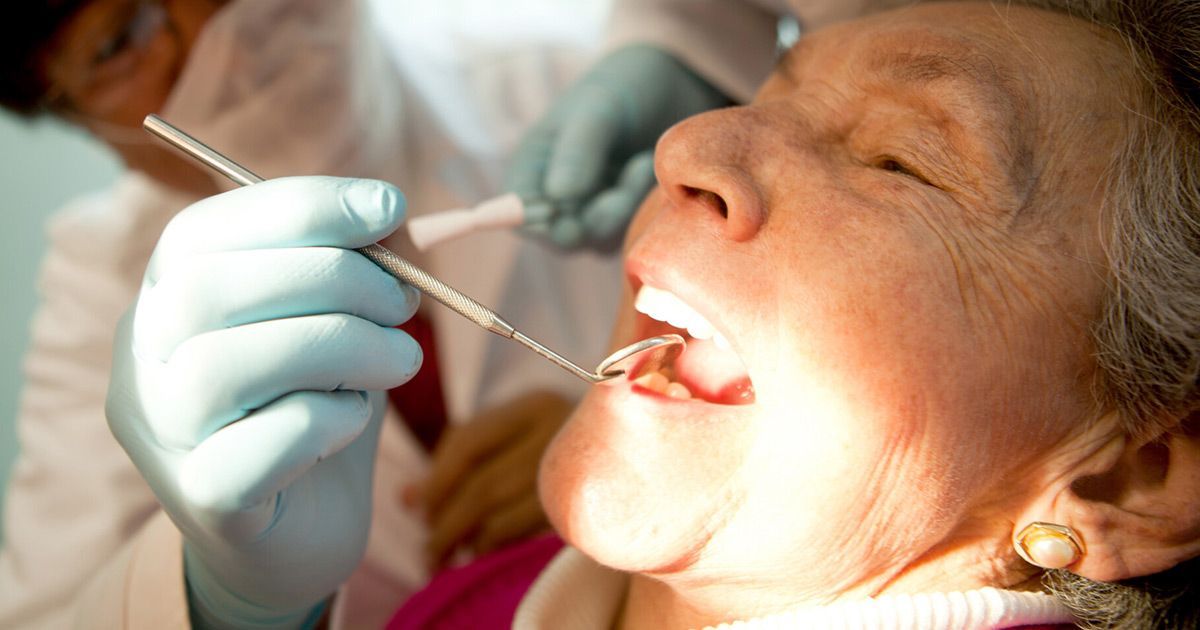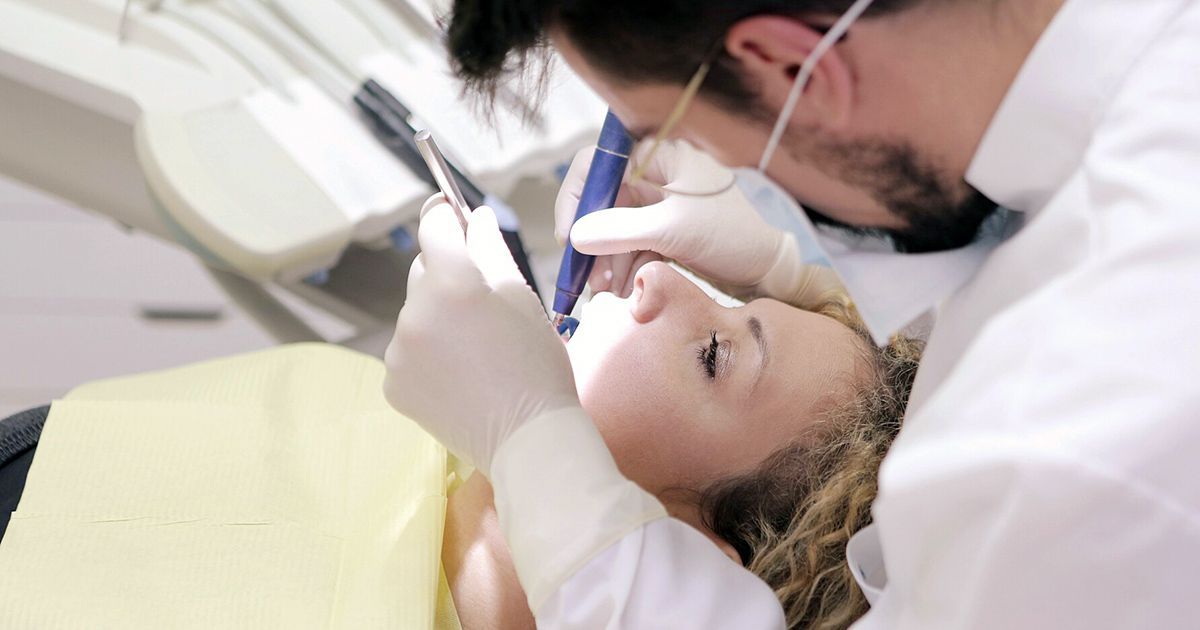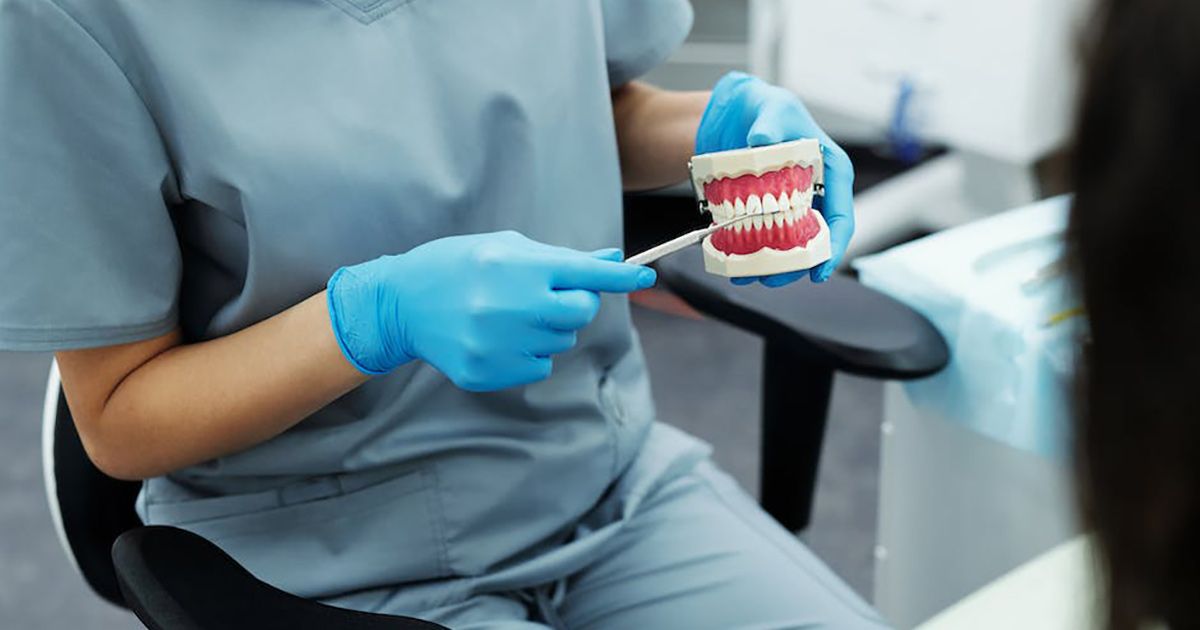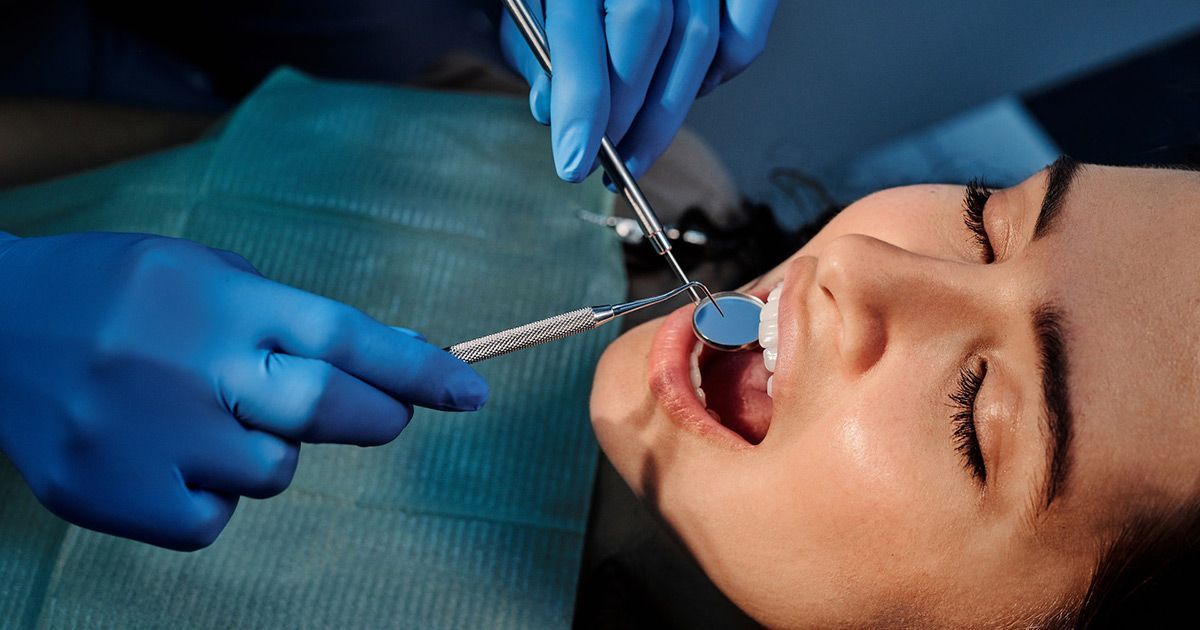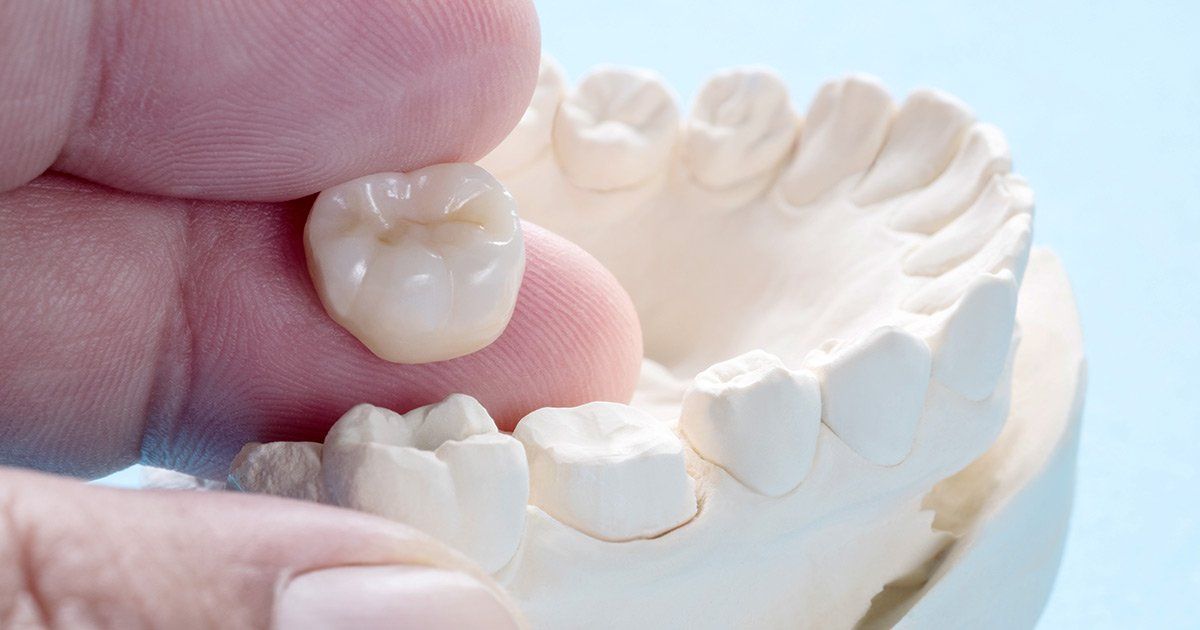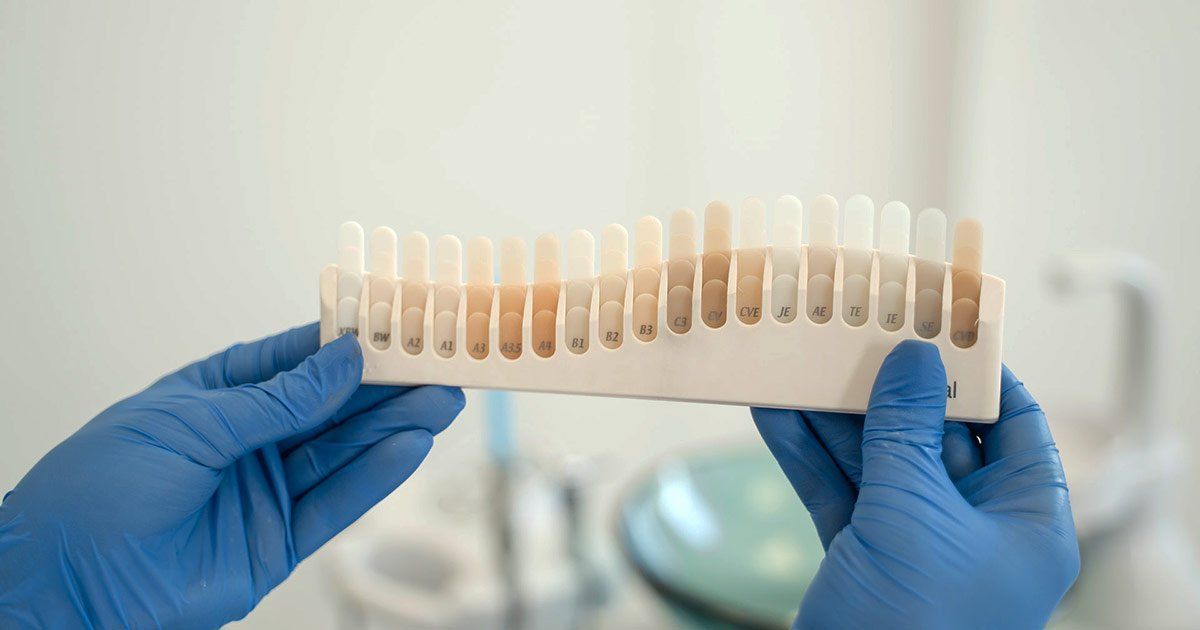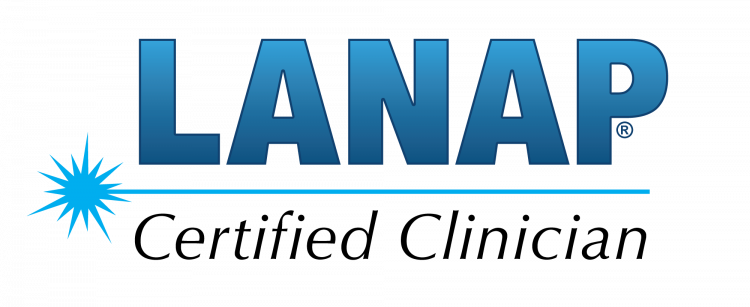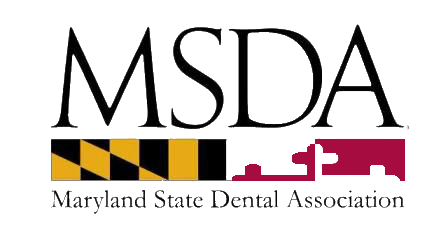Smile Savers Dentistry Welcomes
Dental Emergencies & New Patients
TMJ, also referred to as temporomandibular joint disorders (TMD), is a problem with your jaw that can cause jaw pain, popping, clicking sounds, and other uncomfortable symptoms related to the temporomandibular joint (TMJ). Find out more about this problem today.
Unless you're having problems with it, you've probably never heard of the TMJ (temporomandibular joint). But, the TMJ is both the most complex joint in the body and used the most frequently, particularly during oral actions like speaking or eating. This joint movement allows the upper and lower teeth to function correctly. Any dysfunction, like clenching or grinding, can lead to chronic pain. When the joint is under stress, it's no wonder it can cause some major problems.
Have you ever experienced debilitating dental pain, or worse, toothaches? Don't overthink it, you'll know if you have. TMJ pain can be distinguished from a regular toothache by its unique location around the jaw area. Unlike the dental and craniofacial research into general dental issues, the intricacies of TMJ require specialized attention.
If you're reading this, there's a chance that the jaw joints are causing you some big problems. But don't despair; while joint pain can be a symptom, TMJ pain usually resolves with the right care. One way to potentially control jaw movement and relieve symptoms is the use of a mouthguard to prevent clenching or grinding, especially during sleep.
You can live your life free from the pain caused by TMJ disorder.
Read on for your full guide to TMJ, symptoms, causes, and treatments.
What is TMJ and TMJ Disorders?
TMJ disorder develops when there are issues with the temporomandibular joint (TMJ). The TMJ connects your jawbone to your skull and is crucial for such basic functions as eating and speaking. It ensures smooth joint movement when opening and closing the mouth. However, dysfunction might arise if there is a problem with the temporomandibular joint, leading to a variety of issues.
Symptoms of TMJ Disorder?
TMJ disorder-induced symptoms can range from facial pain to clicking sounds in the joint. One might even experience discomfort that feels similar to chronic pain in the jaw area. Some can carry on with daily life with only minimal discomfort, however, some people are unable to continue with essential activities such as work, personal care, and maintaining relationships.
Symptoms may include:
- Pain or tenderness in the jaw, teeth, ears, face, neck, and back
- Difficulty opening and closing the mouth
- Clicking, popping, and grinding noises heard in the joint
- Locking of the TMJ, causing a locked jaw
- Difficulty sleeping and pain on waking
- TMJ disorder-induced migraines
Causes and Risk Factors for TMJ Disorder
So, what causes TMJ disorder? There are 3 main reasons for dysfunction and pain in the TMJ.
- Damage to the joint due to injury
- Damage to the cartilage by arthritis
- Disk erosion or movement out of alignment
Although the causes of TMJ disorder are uniform, there are many different risk factors that can trigger this damage at any point in life.
Young adults, typically women, are most likely to suffer from TMJ pain and chronic stress is a major risk factor due to its impact on the jaw joint. Stress induces physical tension in the joints, causing chronic bruxism (teeth grinding or clenching). Other lifestyle factors include occupations that place stress on the jaw, by having to talk frequently (e.g. call center & customer services) or hold your jaw in an awkward position (e.g. musicians).
In these cases, lifestyle modification can ease symptoms completely.
There are also risk factors that you have less control over. TMJ disorders coexist with diseases such as fibromyalgia, Ehlers Danlos syndrome, arthritis, chronic fatigue syndrome, irritable bowel syndrome, sleep disorders, tension/migraine headaches, and allergic conditions. Therefore, having any of these conditions increases your risk of developing TMJ disorders.
In these cases, lifestyle modification can be useful to help manage symptoms.
Diagnosis of TMJ Disorders
In most cases TMJ disorder can be managed at home with lifestyle and natural remedies, usually resolving on its own. However, if not managed correctly TMJ disorder can need enhanced treatment from healthcare professionals.
If your pain is not improving or you are struggling to open/close your jaw properly, it's time to seek medical advice. Visit a doctor or dentist for guidance in the first instance, they may provide medication and home management advice. If symptoms persist or are particularly severe, they may tell you to contact a TMJ specialist.
Diagnosis involves initial observation of the way the jaw sounds, feels, and moves. Your doctor or dentist will look to see your range of motion and press on different areas to see where the pain is. A doctor might also inquire if there's been a history of jaw injury or any habits that might promote extreme jaw movements.
Next, dental x-rays (to examine teeth and jaw), CT scans (to show the bones in the joint), MRI scans (to show problems with the disk and soft tissue), and TMJ arthroscopy (to view the area in the joint space) are used to determine the exact diagnosis.
Treating TMJ Disorders
As the TMJ is so complex, treating dysfunction is not always simple. Around 75% of the US population will experience symptoms of TMJ disorder, although most resolve without the need for treatment.
Due to the complexities of TMJ disorders, it is important to find a TMJ specialist to go through your options. Smile Savers Dentistry in Columbia, MD is a highly qualified team of professionals that offer TMJ treatment services.
Treatments vary in intensity and can be grouped into the options shown below.
Lifestyle Modification
Alleviating and managing symptoms of TMJ disorder is all about changing habits at home. Begin with making an effort not to clench your jaw, eat soft foods, use heat pads or ice packs, avoid yawning too wide, chewing gum, and don't rest your chin on your hand.
If you can, eliminate sources of stress from your life and practice active relaxation.
Therapies
Alternative therapies can also help provide relief from TMJ symptoms. Mindfulness and counseling can be effective at reducing the stress that causes symptoms of TMJ disorders. Other therapies that can provide pain relief are physical therapy, acupuncture, chiropractic work, and osteopathy.
Medications
Medications are effective for TMJ treatment at all severities. Under medical supervision, over the counter painkillers can be used long term. If these are not effective, your doctor may prescribe a short course of stronger painkillers.
But there are other medications that research has shown to reduce TMJ pain.
Firstly, tricyclic antidepressants. These are often used to treat depression but in low doses can be prescribed to help with pain relief and bruxism. Secondly, muscle relaxants can be effective to help control muscle spasms. Muscle relaxants are usually only prescribed short term to manage acute symptoms.
Procedures and Surgeries
More complex treatments are usually only used when symptoms persist despite home management techniques. The most common options are arthrocentesis to remove fluid from the joint and steroid or botox injections into the joint to relax the muscles.
Only in extreme cases will open-joint surgery be recommended. When there are clear structural issues in the joint, surgery to repair or replace it can be successful, although this procedure is complex and requires a careful risk assessment.
Get Relief From Your TMJ Today
If your jaw movements cause persistent pain or problems, or if you notice a clicking sound regularly, it might be a sign of TMJ disorders. TMJ pain can often resolve without the need for invasive surgeries but it is important to undergo thorough assessment and diagnosis with a specialist.
Why not reach out today for some guidance on how to cure your TMJ disorder? Contact us at
Smile Savers Dentistry, MD to find out your treatment options.
410-571-4637
Our Primary Service Areas
Content Reviewed by
Website designed and maintained by Xpress, INC
All Rights Reserved | Smile Savers Dentistry

